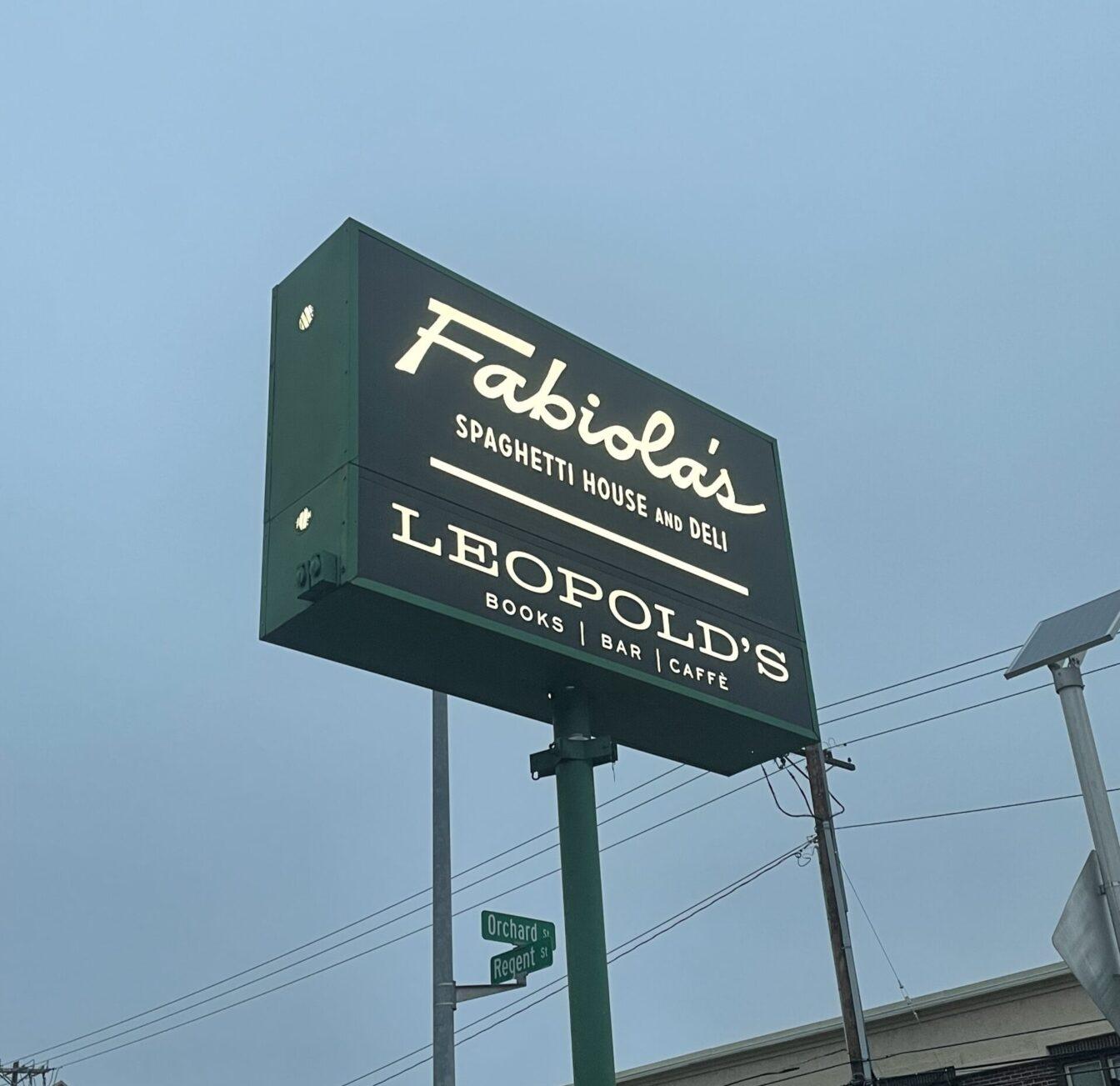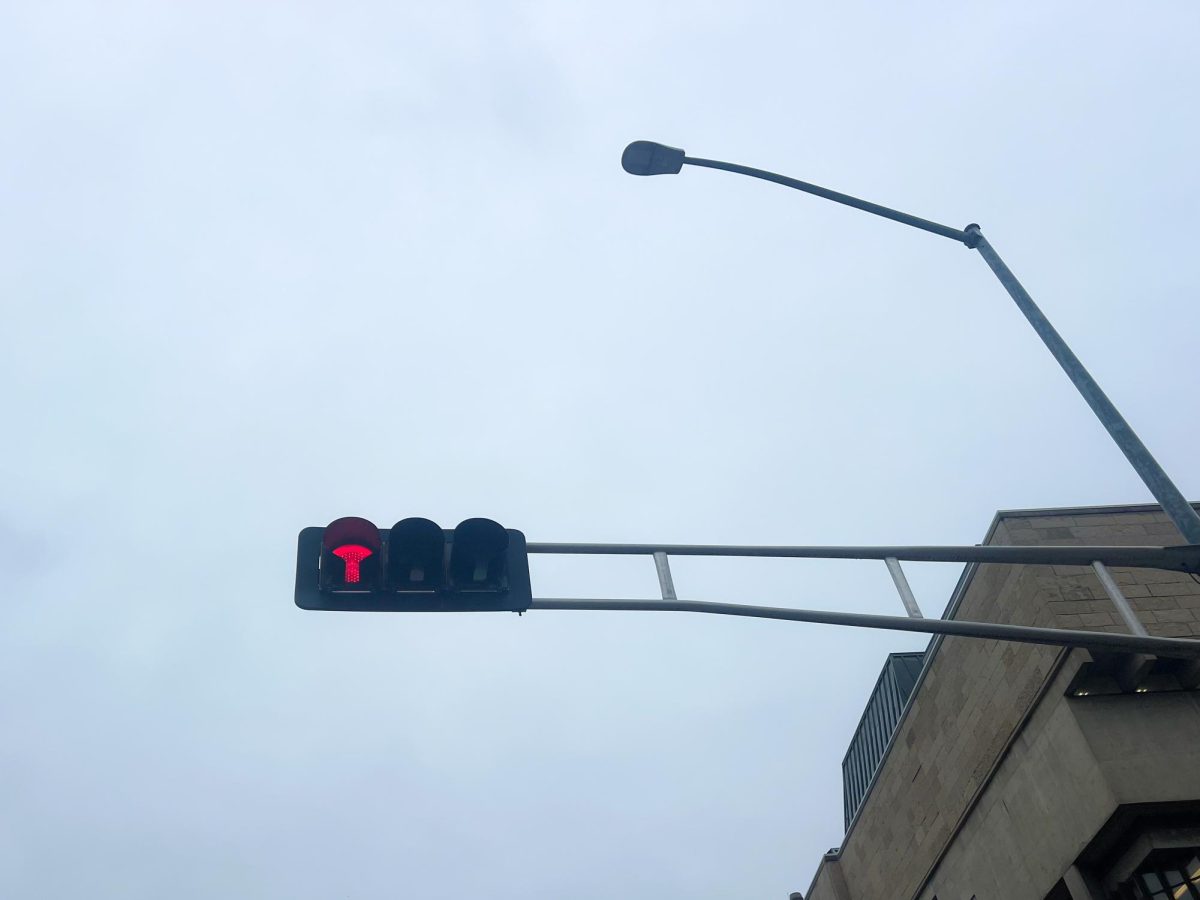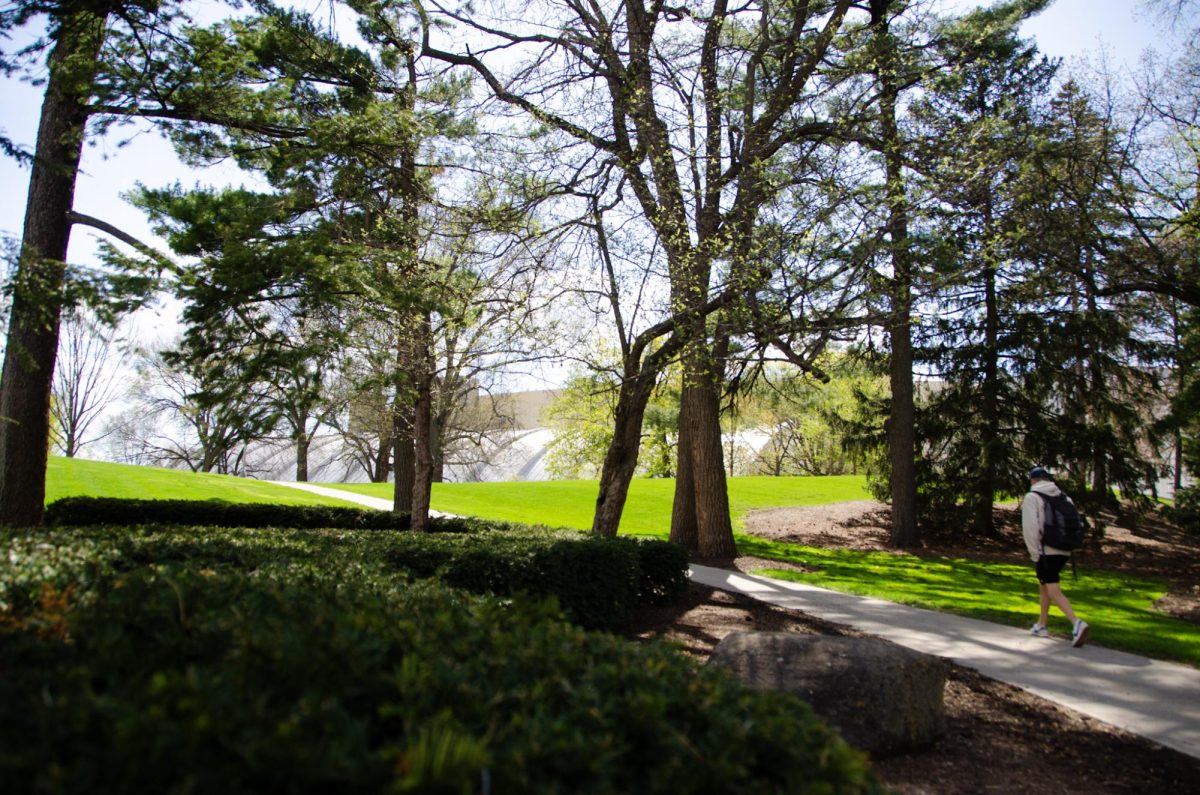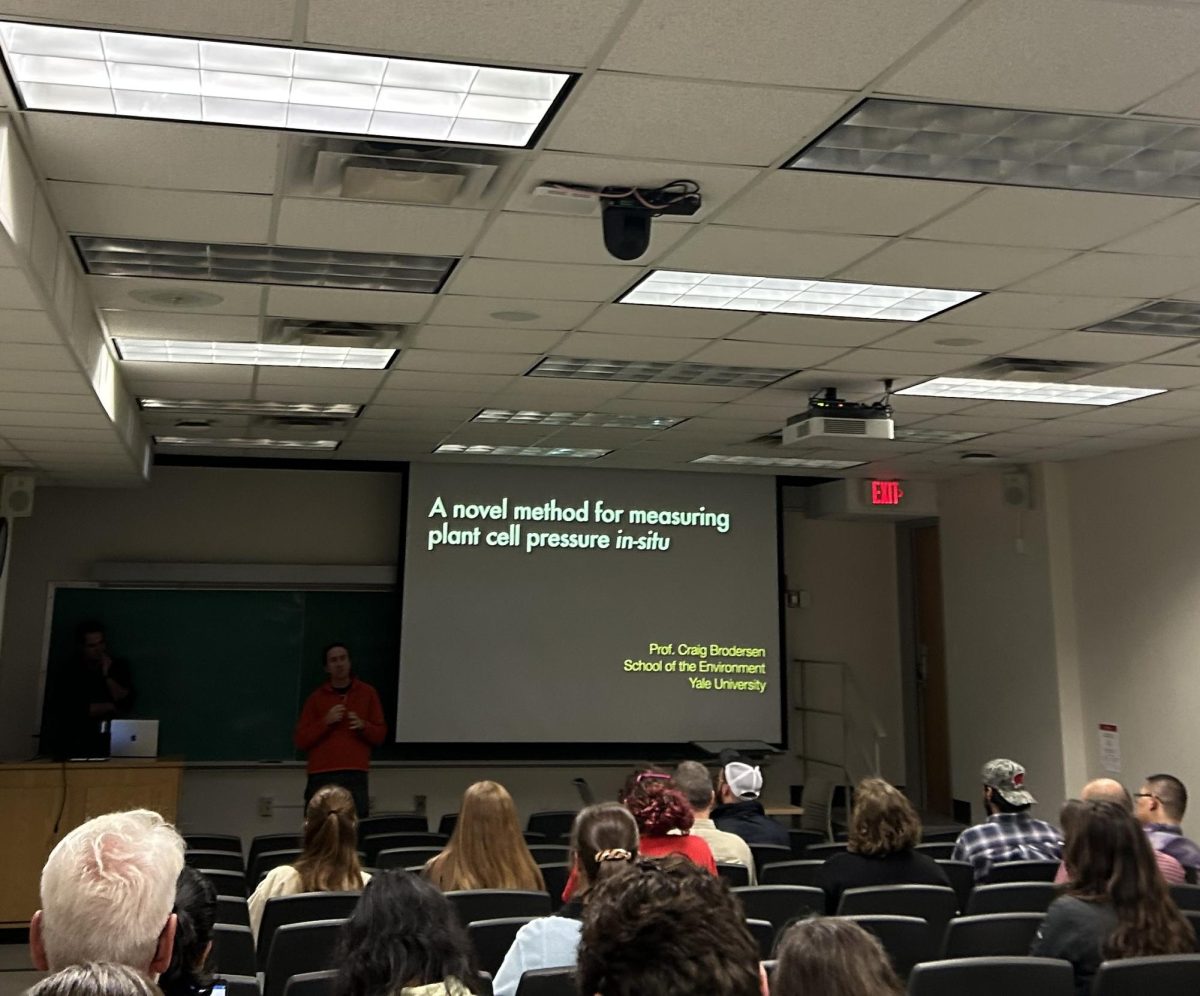Fabiola’s, a spaghetti house and deli, is opening on Regent Street this November. The restaurant will serve its customers in the same building that once housed Rocky Rococo’s pan-style pizza restaurant.
Fabiola’s owner Sam Brown also owns another business, Leopold’s, which is connected to Fabiola’s. According to Leopold’s website, the business is a “Books Bar Caffè,” selling curated books, coffee and cocktails all under the same roof.
Sam Brown’s father Roger Brown founded Rocky Rococo’s in 1974, which has since grown into a chain of eateries. According to the Wisconsin State Journal, Sam Brown became the manager of Rocky Rococo’s Regent location and continues to serve as the vice president of the company.
But Brown said he opened Fabiola’s in place of Rocky Rococo’s, because he felt it would better align with Leopold’s atmosphere and customer base.
“We were looking for a concept that would have more synergy with Leopold’s since we were seeing a lot of success here,” Brown said. “A lot of people were requesting food and we wanted a business that appealed more to a nighttime clientele and customer. We wanted something that we just felt would match the energy that we have over here at Leopold’s so we made the decision to close our Campus Rocky Rococo’s and convert it into Fabiola’s.”
Brown said the restaurant plans to serve classic Italian food, but also traditional Jewish food including bagel and bialy boards, shakshuka and whitefish salad.
End Abuse Wisconsin report shows increase in domestic violence related homocides
According to the Wisconsin State Journal, Fabiola’s will be named after Brown’s grandmother’s best friend, who emigrated from Naples to the Midwest. In a similar fashion, Leopold’s is named after Brown’s great-grandfather, an Austro-Hungarian immigrant. These names reflect a connection to the European immigrants who settled in the area around Fabiola’s and Leopold’s, bringing with them a rich culture and history.
Fabiola’s is located in the historically Italian Greenbush neighborhood. According to the Greenbush-Vilas Partnership, the Greenbush neighborhood used to be a popular enclave for immigrants, especially those of Italian and Jewish descent. As a result, groups like the Italian Workmen’s Club formed to help immigrants meet individuals of similar backgrounds and help them better assimilate into American culture.
Former Italian Workmen’s Club President David Rizzo said after many of these immigrants moved, several Italian restaurants opened up in the Greenbush area, to the point where the area around Park and Regent Street came to be known as spaghetti corners.
“You had different restaurants all within the same 2-block radius so people felt comfortable,” Rizzo said. “They could walk to get something to eat that was fairly close by. There were little grocery stores that they were used to buying their food at because just like in the old country, they generally bought fresh and cooked it up because they didn’t have refrigeration. So they were used to living the same way they did before they got on the boat to come over here.”
Rizzo said the Italian’s Workmen’s Club was formed in 1912 when Italians first migrated to Madison. Many of these immigrants were masons, bricklayers and carpenters who all lived in close proximity to each other in the Greenbush neighborhood. The club not only helped Italians find each other, but also served as a support structure to families whose primary earners were injured or passed away.
According to their website, the club hosts a yearly Italian festival called Festa Italia, which celebrates Italian food, music and culture over multiple days. Rizzo said the festival helps celebrate not only the old country, but also the individuals and generations of Italians that have continued to live in Madison.
“We want people to remember and understand what has transpired in the 120 years since they [Italians] first landed here — that we want to keep those traditions and memories and accomplishments, like helping to build the capital, those accomplishments alive and what the Italian people have meant to Madison,” Brown said.
Madison Public Market receives $2.64 million in additional funding
Similarly, the Madison Neighborhood House on Mills Street has served as a community center in Greenbush for over 100 years. According to their website, the organization was created to help welcome and bring together immigrant families in the Greenbush neighborhood.
Brown, who also serves as the president of the Neighborhood House Board, said Fabiola’s menu was in part inspired by a sense of responsibility as a member of the organization.
“I’m the board president of Neighborhood House Community Center, which is the neighborhood Center which has been serving this [the Greenbush] community for 107 years,” Brown said. “So I feel a responsibility both to be a steward of the history of that place, but also just this neighborhood in general.”
According to Fabiola’s Instagram page, the restaurant is currently only offering lunch service and plans to offer dinner service sometime in December. They are also currently hiring bartenders and daytime deli staff.













